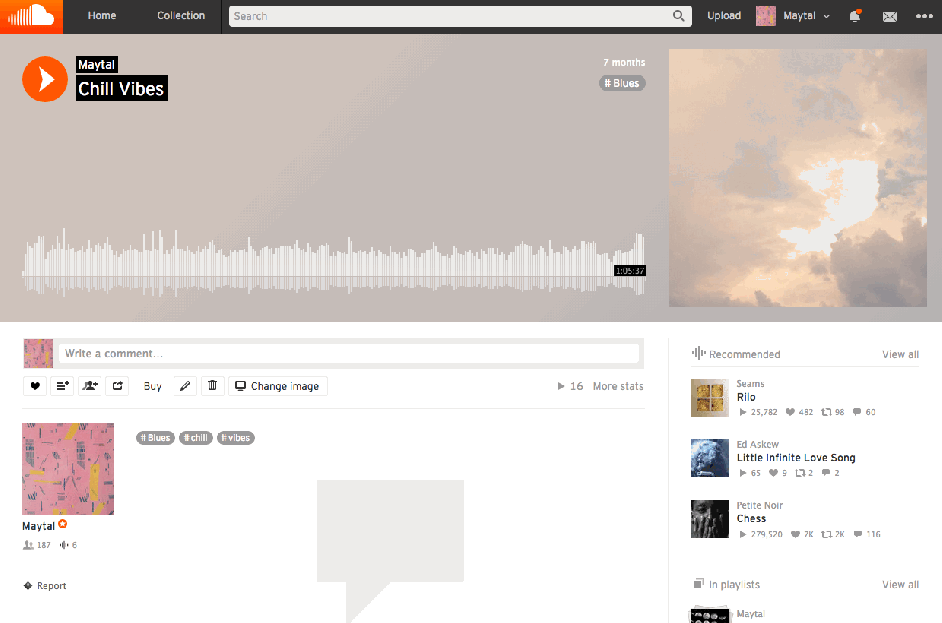
SoundCloud has been beta testing its podcasting features with a private group since 2011, but today it’s finally letting everyone in. The SoundCloud podcasting features come in multiple tiers, including one free and two paid options. They challenge existing industry leaders, including Libsyn, as well as provide the RSS hooks necessary to also publish to iTunes and get picked up by podcast apps like Overcast.
SoundCloud is aggressively competitive with its primary competitors out of the gate – it charges $55 per year for six hours of audio uploads per month and provides unlimited-length hosting for $135 per year. Lisbon charges $5 per month to start, but you only get 50MB of storage per month, which runs out pretty quickly. $15 per month gets you a more reasonable and generally useful 250MB, but SoundCloud’s unlimited tier seems like it will be a popular option. There’s also a free tier for more casual users, providing three hours of audio uploads.
Previously, anyone could technically use SoundCloud’s basic features for podcasts, with some considerable caveats: Basically, you had to bring your audience to SoundCloud itself if you wanted them to listen. Because the new features generate an RSS feed of your podcast, you can then publish to iTunes, as well as submit the feed to other sources for audio discovery and online radio, including Deezer-owned Stitcher. Apps like Instacast and Overcast will also be able to add your show, and users will be able to add them manually to podcast clients using your feed URL.
Other advantages of SoundCloud’s platform include instant publishing to SoundCloud, which has considerable reach, and embed tools that allow you to easily share your show on social media, blogs and other websites.
In addition to legacy competitors like Libsyn, SoundCloud might have more challengers in the podcast category in the near future. Spotify looks to be planning to introduce a podcasts section to its app, based on mobile app discoveries first reported by TechCrunch. It’s unclear whether Spotify will angle to host itself, however, or seek feeds like Apple does with iTunes, in which case that could actually be even better news for SoundCloud’s attempt to monetize podcasts.
Here’s how to get started with SoundCloud podcasting if you’re interested. We’ll probably try it out ourselves here at TechCrunch, since we already cross-post all our podcasts to our own official account.
Comments
Post a Comment